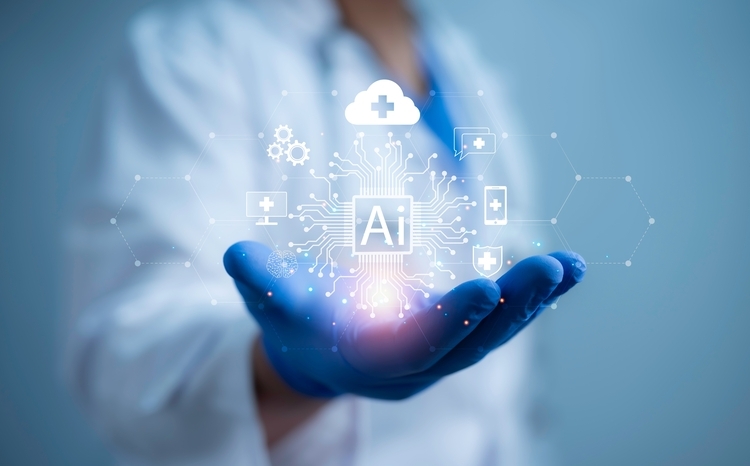Hutton departure wounded NPfIT, says researcher
- 23 March 2005
Many difficulties suffered by the National Programme for IT can be traced back to when Professor Peter Hutton resigned as chair of the National Clinical Advisory Board (NCAB), according to research being presented at Healthcare Computing 2005.
Matthew Guah, a doctoral researcher for the Operations Research & Informations Warwick Business School, insists that many problems relating to clinical engagement and buy-in have stemmed from Hutton’s departure. Guah is undertaking long-term research into the implementation of NPfIT into English trusts.
Speaking to E-Health Insider, Guah said that his interviews with clinicians show a fairly luke-warm attitude to NPfIT: “One NHS staff member told me that he learned to be a medical doctor to save life, not to do computer programming.”
Guah also added that another problem for implementation was that healthcare professionals simply had to concentrate on their care duties rather than take time learning about the new technology. However, Guah had little sympathy for this point of view said they didn’t have time to train or learn about new technology. “I consider that an excuse,” he said.
Clinicians are not interested in IT systems as an end in themselves, he said. “For the medical doctor the computer is a tool. And if the tool provides the best option, they will use it, otherwise they will throw it away.”
Guah insisted that he is not approaching the topic politically, but from a business perspective. He added that other failed government IT projects, such as the passport system fiasco, were casting a pall over any publicity for the programme: “The system works well now but people don’t know about it.”
From a business point-of-view, he has to look at demand for the system in the first place and a way of measuring outcomes. However, Guah argues that a case for demand for the NPfIT and realistic data on are not available. “Every system that works successfully must have a demand. But there’s no real data about demand or outcomes.
“The government are only interested in what’s wrong. That’s the first quesiton they’re going to ask.
There’s no real data about demand and outcome in the NHS. The minister only cares how many persons were seen in eight hours rather than statistics for the demand and outcome.”
Hutton’s departure has resulted in widespread apathy towards the NPfIT. Not even the spectre of widespread failure results in action from most clinical staff to start buying into the aims of NPfIT: “Quite frankly, the GP doesn’t care. The GP has a contract, and he thinks ‘I have a contract, I do my job, and I get paid at the end. ‘
“The strategy is not going to work with GPs. GPs have the perception that knowledge is power, and they have got the knowledge. GPs believe that they became medical doctors to save life not to manage.”
Guah likened NPfIT to a church trying to speak to believers and non-believers alike. Whereas NPfIT has started engaging with technically-minded clinicians and support staff, most of the time. If for example, a church wanted to convert the whole population of a country to its religion, it would not sit and wait for people to come to them and see what the fuss is about. “It’s the church’s responsibility to convert it and get them where they are,” explained Guah.
Guah’s final prediction is that unless demand, rather than each individual problem, is met, only parts of the national programme will end up working. “Every system must support the purpose of the organisation,” he said.




